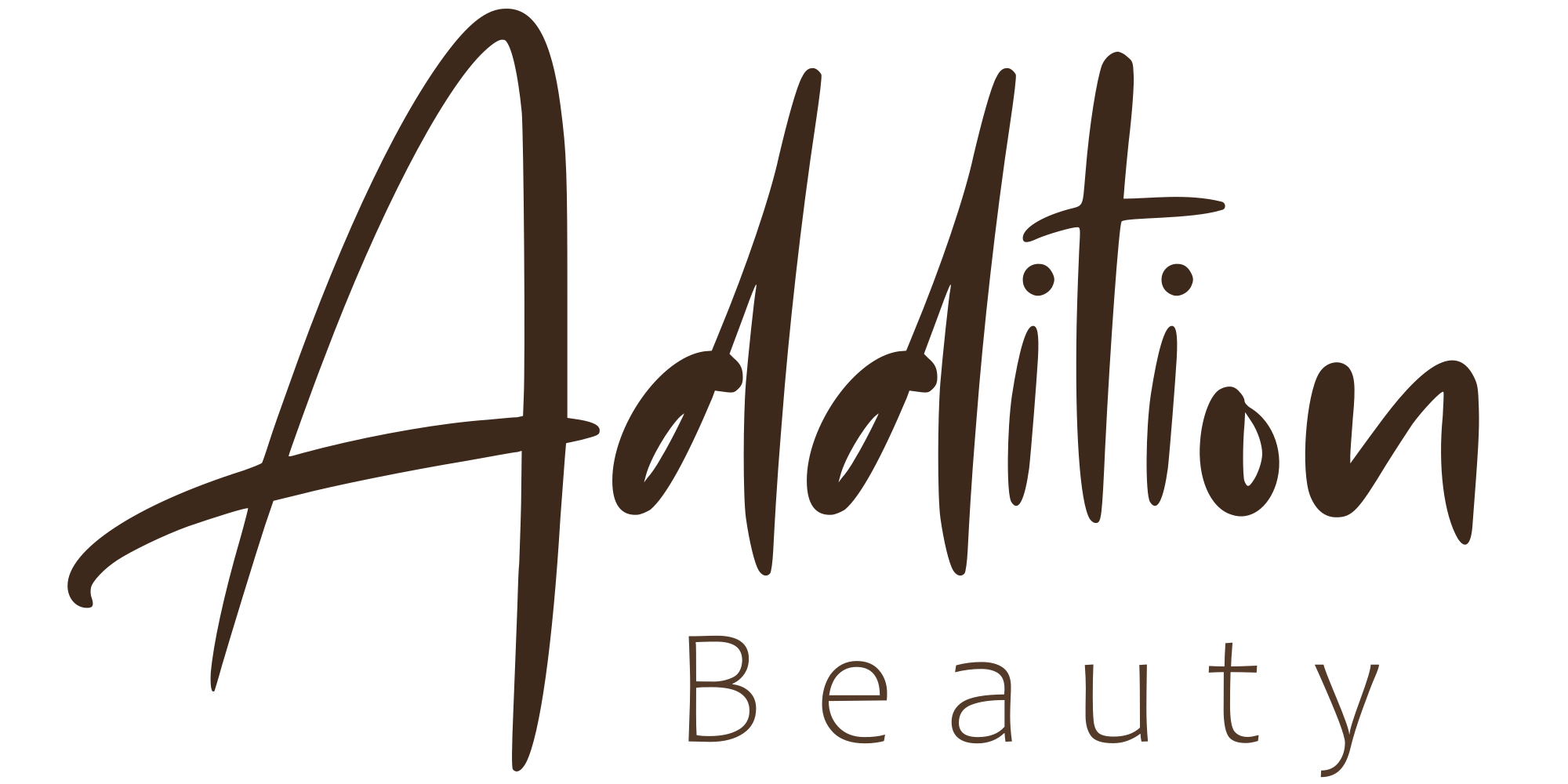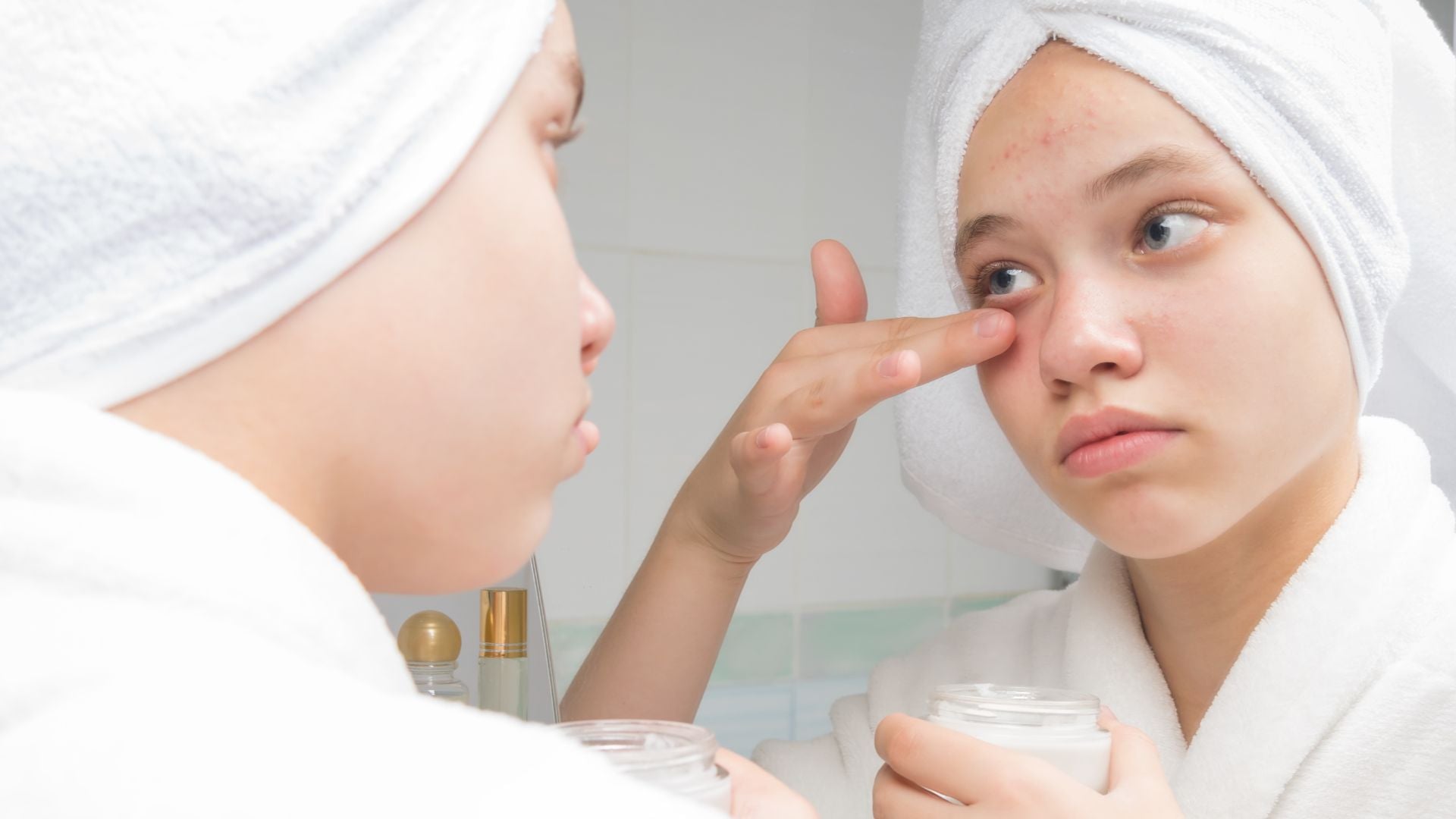
Cosmetic Regulations
Did you know that the FDA has banned only 11 chemicals in cosmetics in the U.S. while the EU Commission has banned over 1,300 chemicals in Europe?1
Shocked? We were too! Read on to learn more.
What’s the difference between the U.S. and EU when it comes to cosmetics regulations?
US |
EU |
|---|---|
| The FDA is the governing body that oversees regulations with cosmetics, but they also oversee pharmaceuticals and food. | The EU Commission is the governing body that created Regulation (EC) No 1223/2009, which includes key legislations pertaining to strictly finished cosmetics in Europe. |
| The FDA takes a reactive approach (bans chemicals once proven harmful by numerous studies). This can take many years because of all the regulatory checkpoints that have to occur and the stakeholders involved to get a chemical banned. | The EU Commission takes a proactive approach and bans chemicals if there are any early indications of the chemical’s harmful effects on human health. If a chemical is flagged as potentially dangerous, it is usually evaluated quickly through a safety assessment and added to the banned list if the investigation confirms it may be harmful to human health.2 |
| The FDA doesn’t have the legal authority to approve cosmetics and ingredients and does not require any testing before products go to market.3 | The EU Commission has REACH laws which require cosmetic manufacturers to prove that products are safe to use before they hit the market.4 |
| Animal testing is not banned in the U.S. but there are alternative methods of testing products available.5 | Animal testing is completely banned in the EU. |
What else should you know?
-
Despite pre-market approvals not being necessary for cosmetics, color additives must be approved by the FDA before cosmetic companies can use them in their products.
-
The Food, Drug and Cosmetic (FD&C) Act and the Fair Packaging and Labeling Act (FPLA) are two important laws for cosmetics in the U.S.
-
Chemicals that are banned from cosmetics in Europe can be found in the European Cosmetics Directive Annex II.
-
Both the U.S. and EU require ingredients to be labeled on products, except for “flavor” or “fragrance”-specific chemicals, which can sometimes be considered a company’s trade secret.
-
The following is a complete list of the 11 ingredients that are banned in U.S. cosmetics6:
-
Bithionol
-
Chlorofluorocarbon propellants
-
Chloroform
-
Halogenated salicylanilides
-
Hexachlorophene
-
Mercury compounds
-
Methylene chloride
-
Prohibited cattle materials
-
Sunscreen in cosmetics (unless the label specifics WHY sunscreen is in the cosmetics)
-
Vinyl chloride
-
Zirconium-containing complexes
-
- The Modernization of Cosmetics Regulation Act (MoCRA) of 2022 went into affect with the signing of the Consolidated Appropriations Act in 2023.7 Prior to this enactment, cosmetic regulations have not been updated for 50 whole years! Under this new law, cosmetic companies now have to comply with the following standards: register, list their products, have and practice GMPs, support products and claims with safety data, include a domestic address and contact information on the product label, label any allergens, include a professional use label for applicable products, maintain records and report any adverse events.
Essentially, at this time in the U.S. it is the consumer’s responsibility to determine if the product they’re using meets their personal safety standards or not. This is especially alarming for vulnerable populations, such as pregnant and postpartum women if they do not have the knowledge or awareness in how to select cosmetics with safer chemicals than those traditionally found in mainstream cosmetics. Addition Beauty aims to take away that pain point for women who are looking for cleaner, safer-to-use cosmetics as part of a holistic, healthy lifestyle during their fertility journey, pregnancy, or postpartum period.
Sources
1https://www.chemsafetypro.com/Topics/Cosmetics/How_to_Comply_with_EU_Cosmetics_Regulation.html
2https://www.coslaw.eu/endocrine-disruptors-keep-up-with-cosmetics-news/
3https://www.fda.gov/cosmetics/cosmetics-science-research/product-testing-cosmetics
4https://www.theguardian.com/us-news/2019/may/22/chemicals-in-cosmetics-us-restricted-eu
6https://www.fda.gov/cosmetics/cosmetics-laws-regulations/prohibited-restricted-ingredients-cosmetics


